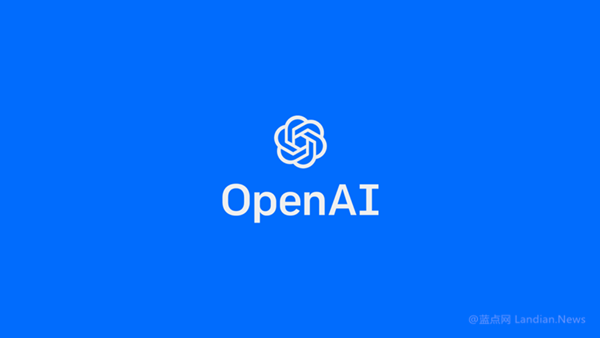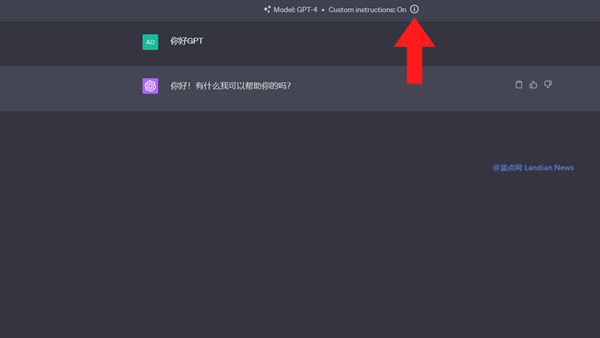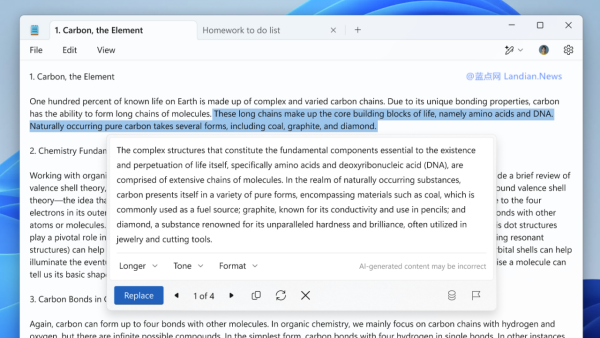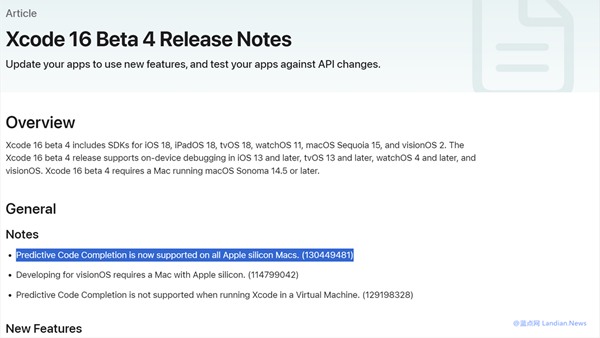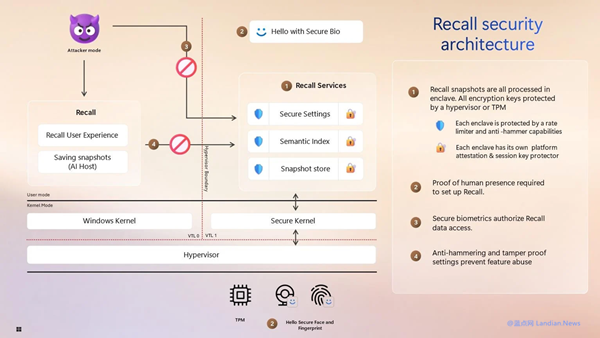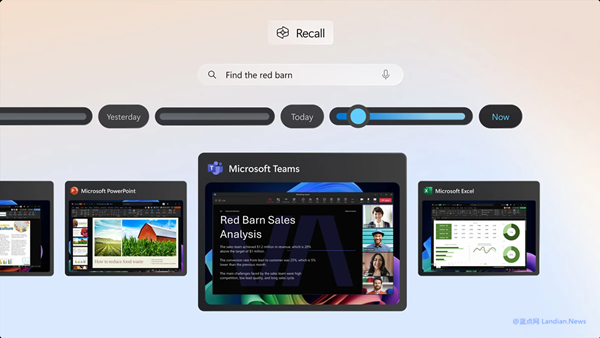Google Files Complaint with FTC to End Microsoft's Exclusive Agreement with OpenAI
In the realm of artificial intelligence, OpenAI undoubtedly continues to lead the pack. Microsoft, benefiting from its investment in OpenAI years ago, secured an exclusive deal allowing direct use of OpenAI's various technologies.
However, this exclusivity has drawn discontent from other companies. In fact, without such an agreement, it's likely that Google and Amazon, among others, would have offered financing to OpenAI and utilized its products.
Google has now lodged a complaint with the U.S. Federal Trade Commission (FTC), urging the regulatory body to terminate the exclusive cloud services agreement between Microsoft and OpenAI. This agreement primarily allows Microsoft to host and offer OpenAI technology exclusively through its Azure platform.
This exclusive deal is crucial for Microsoft, as many businesses eager to utilize OpenAI's services find managing and invoking them through the Azure OpenAI API highly convenient, marking a significant growth driver for Azure.
The FTC, a key anti-monopoly agency in the U.S., has been investigating the partnership between Microsoft and OpenAI, focusing on whether this cooperation restricts free market competition.
According to a report by The Information, Google's complaint was filed during the FTC's investigation into Microsoft, a time when the FTC was seeking opinions on Microsoft's business from its competitors, including Google.
Google hopes the FTC will end the exclusive agreement, allowing the Google Cloud platform to host OpenAI models and serve customers, thereby ensuring at least a level playing field with Azure in the OpenAI model domain.
However, the report also mentions that exclusive agreements are not necessarily illegal, but Microsoft's purchase of OpenAI technology could lead to additional costs for end-users, including data migration and employee training. Google and other competitors point out these costs could potentially impact users.
Moreover, Microsoft's 20% revenue share from OpenAI's earnings decreases its incentive to compete with OpenAI, raising FTC concerns about whether this partnership could hinder other companies' competition in the AI market.
In response to these developments, an official spokesperson from Google stated the company indeed desires to host as many AI models as possible, aiming to build the world's most open AI ecosystem and deliver greater value to customers.


